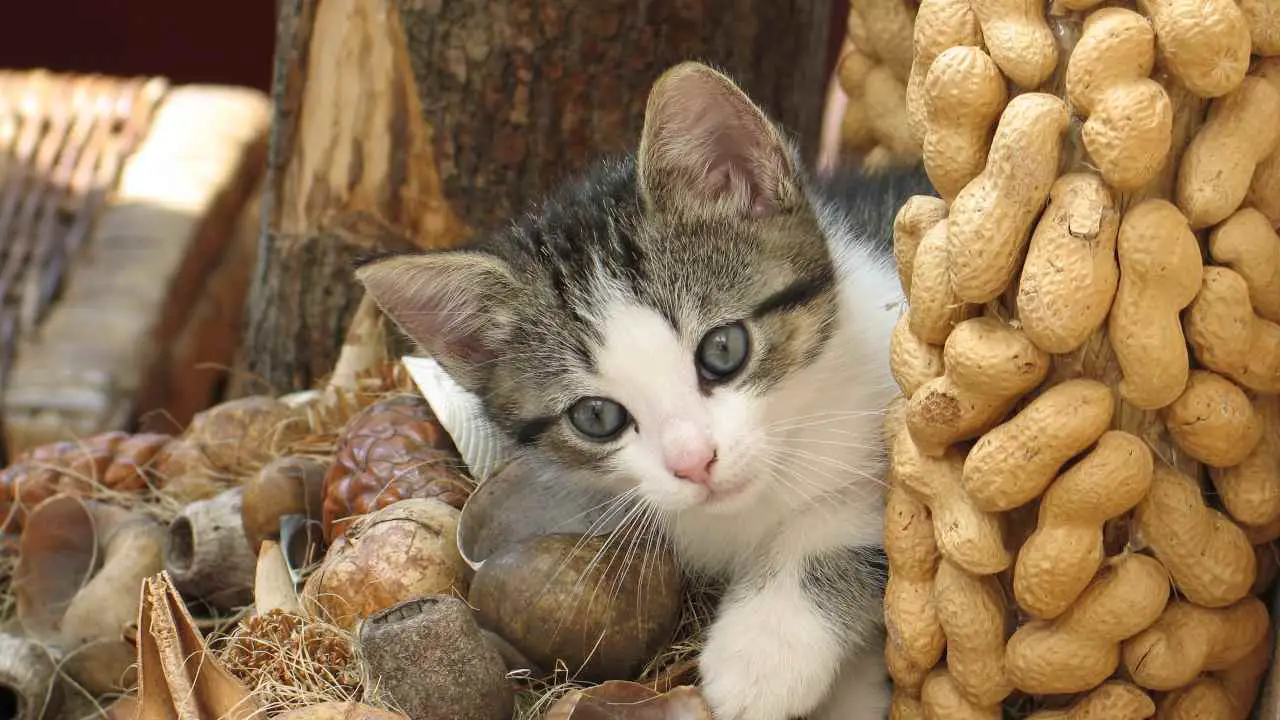Peanuts, also known as peanuts or groundnuts, are a popular and delicious food for humans, but are they equally safe and beneficial for our feline friends? In this article, we will unveil the surprising truth about whether cats can or cannot enjoy peanuts.
¿What are Peanuts?
Are Peanuts Good for Cats?
Here comes the surprising answer: Although peanuts are not toxic to cats, they are not considered an optimal food for them. Cats are obligate carnivores, which means their primary diet should consist of high-quality animal proteins.
While peanuts do contain protein, they lack some essential amino acids that cats require for optimal health. Therefore, regularly feeding peanuts to cats is not recommended.
Risks and Consequences:
Healthy Alternatives:
- High-quality wet cat food: Look for brands that use real meat as the primary ingredient and avoid artificial additives or fillers.
- Dry cat food: Opt for premium brands that offer a balanced blend of protein, fats, and carbohydrates to meet your cat's nutritional needs.
- Raw or homemade diets: Consult with a veterinarian or a feline nutritionist to ensure the diet is well-balanced and meets all of your cat's requirements.
- Limited ingredient diets: These diets focus on a minimal number of ingredients, making it easier to identify and avoid potential allergens.
- Grain-free options: While cats are obligate carnivores, some cats may have grain sensitivities, so grain-free formulas can be considered.
- Novel protein sources: Introduce novel protein sources like duck, venison, or rabbit to provide variety and potentially reduce the risk of developing food allergies.
In conclusion, while peanuts are not toxic to cats, regular feeding of peanuts is not recommended. Peanuts do not meet the specific dietary needs of cats, and there is a risk of choking or allergic reactions.
As responsible pet owners, it's best to opt for a balanced and appropriate diet for our feline companions, based on foods specifically designed to meet their nutritional requirements.







0 comentarios:
Publicar un comentario